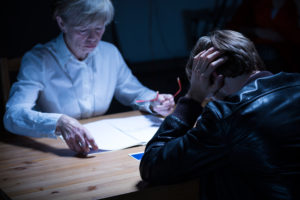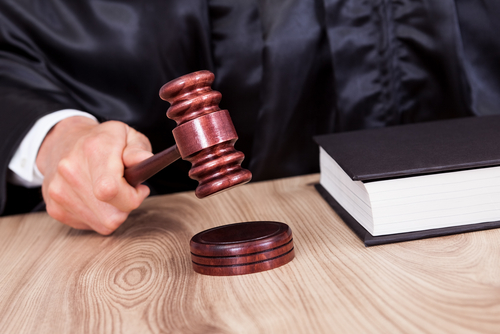Due to concerns over police brutality and misconduct in recent years, many civilians have taken to recording interactions with law enforcement. Although recording an officer can be illegal under certain circumstances, this can be helpful information in any subsequent investigation into the officer’s conduct. For example, if you believe that you have been wrongly stopped or feel that your rights have been violated, or if you witness an officer using excessive or unnecessary deadly force, a recording can be a great tool to hold the police accountable for their actions.
When Can I Record a Police Officer?
Generally, the First Amendment protects a citizen’s right to record a police officer performing his duties in a public environment. Videos, pictures, or audio can all be considered forms of recording. Any filming or recording of a police officer must be done in a way that is open and obvious to the officer. In these circumstances, police cannot order you to stop taking photos or videos, nor can they demand that you delete your recordings. Typically, officers are not allowed to confiscate or view your pictures or videos without a warrant. If you are questioned while recording, let the police know that you are exercising your First Amendment rights and ask if you are free to go.
When Is Recording Prohibited?
While recording a police officer is generally protected under the Constitution, problems may arise if such recording interferes with the officer’s duties or is conducted secretly. It is crucial that you do not interfere with a police officer when he is acting in line with official duties. If you try to get in between a police officer and a suspect with a camera, you may be violating the law. If an officer orders you to back up, you should comply, as many courts will defer to the officer regarding what constitutes unlawful interference. 
In addition, the law prohibits secretly recording a police officer. Videotaping a police officer with a concealed camera is a misdemeanor crime and can result in up to $1,000 in fines and one year in county jail. For audio recordings, California is a “two-party consent” state, meaning all parties of a conversation must consent to an audio recording. This is prosecuted under California Penal Code Section 632, which makes it a crime to record or eavesdrop on any confidential communication. It is also important to note that if a police officer is off-duty, you may not have the legal right to record him.
What Should I Do If I’m Arrested for Recording?
If you are arrested for recording a police officer, you should remain calm and do not resist arrest. You can explain that you are exercising your First Amendment rights and then your right to remain silent. If you attempt to resist arrest, you may face a charge of resisting arrest under California Penal Code Section 148a. As such, cooperate with the officer and do not give him any reason to charge you with resisting arrest. If you were arrested without cause, you may be able to seek compensation for the deprivation of your civil rights.
Contact Wallin & Klarich Today
If you believe that you were wrongfully arrested for legally recording a police officer, contact Wallin & Klarich as soon as possible to see how we can help. With 40+ years of experience, Wallin & Klarich is the best choice amongst Southern California criminal defense firms. Our attorneys have helped thousands of clients in a wide range of cases, and we have the skills and resources to secure the best outcome for you.
With offices in Orange County, Riverside, San Bernardino, Victorville, Torrance, West Covina, Los Angeles, and San Diego, you are sure to find an available and convenient attorney near you.
Discover how our team can assist you. Contact us today, toll-free at (877) 4-NO-JAIL or (877) 466-5245 for a free consultation with a skilled defense attorney.



